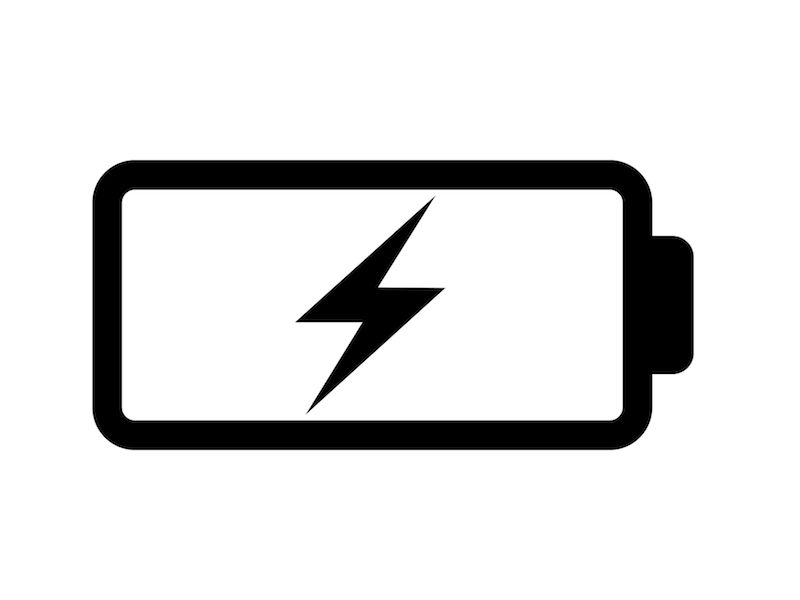
Worrying about running low on batteries is something you shouldn’t have to do with rechargeable hearing aids, but when you rely on this technology, it might make you slightly nervous. Do rechargeable hearing aids work, and do they work as well as marketed?
Those questions are understandable, as is the accompanying stress. A hearing aid is often as necessary for the enjoyment of a tv show or a movie as it is for a trip to the supermarket or any other part of daily life. When a piece of technology affects so many areas of your life, it’s important that it functions correctly and reliably.
What Kind of Battery do I Have?
Most modern-day hearing aids have rechargeable batteries by default, so it’s likely if you bought your hearing aids recently, it has one of two types of batteries. Silver-zinc batteries, which have a battery door on the back of the device, are rechargeable, but every now and then they need to be replaced. A Lithium-ion battery, however, will last throughout the life-cycle of the hearing device and, because of that, those devices will not have that telltale battery door.
Rechargeable Hearing Aids Need Special Care
For the most part, rechargeable hearing aids do work, and they work well. The dependability of these devices has enhanced considerably in the last several years, as battery technologies have advanced. In order to improve dependability, however, there are some maintenance steps users can take as they would with any other electronic device.
- Be Careful of Wires: Either the charging station or the hearing aid itself will have some kind of wire element on most hearing aids. Most hearing aid users are counseled to be aware of these wires; the connection that enables the device to charge can be damaged if you pull on or hold it by the wires.
- Put Your Hearing Aids on The Charging Station: If your hearing aids have rechargeable batteries, you can extend your device’s battery life by ensuring that you consistently store your hearing aids on their charging station. Charging a battery that is not completely drained does not shorten long-term battery life. In fact, you can actually increase the life of the battery by making sure your hearing aids are charging when not in use. For many people, setting their charging station next to their bed is a simple reminder to charge the devices when not in use.
- Keep Your Hearing Aids Clean and Dry: No matter how often you use or do not use your hearing aids, they have abundant opportunity to gather moisture, debris, and dust. Any combination of these three things can diminish the efficiency of your battery and can obstruct charging as much as it needs. When connecting your hearing aid to your charging station, as with any other time, it’s crucial to keep your device clean.
How to Change a Rechargeable Battery
Lithium-ion batteries will normally last the as long as your device does. As a result, you should not have to worry about changing those batteries. Your hearing aids can then be simply charged as long as needed.
Hearing aids that depend on silver-zinc batteries, however, might require new batteries now and then. The longevity of your battery can be increased by changing them in the correct way. As such, the majority of people who use these hearing aids are counseled to:
- Ensure that your battery compartment is clean and free of moisture.
- Don’t get rid of any packaging or plastic tabs until you’re ready to use batteries.
- Five minutes before taking off any tabs that may be attached let the batteries sit at room temperature.
- Make sure you wash your hands before changing your hearing aid batteries.
- Make sure you have a dry, room temperature place to store your batteries.
Long Periods of Non-Use
Keeping your hearing aids on the charger over extended periods of time is no longer the way to store your hearing aids. If, for example, you know that you will not be using your hearing aids for several weeks or months, you can simply unplug the charger and put your hearing aids in a dry and cool place.
If your hearing aids use silver-zinc batteries, you may also think about leaving the battery door open so that you can prevent moisture from corroding your batteries.
Keep it Charged Every Day
For most people, and for everyday use, charging your hearing aids once per day should be adequate for all of your needs. A lithium-ion battery, for example, will usually require only 3-4 hours to charge adequate battery power for a 24 hour period.
Do rechargeable hearing aids work? Not only do they work, but rechargeable hearing aids will likely become much more common and reliable as the technology continues to develop. To see all the different models, make an appointment with your local hearing aid retailer.

